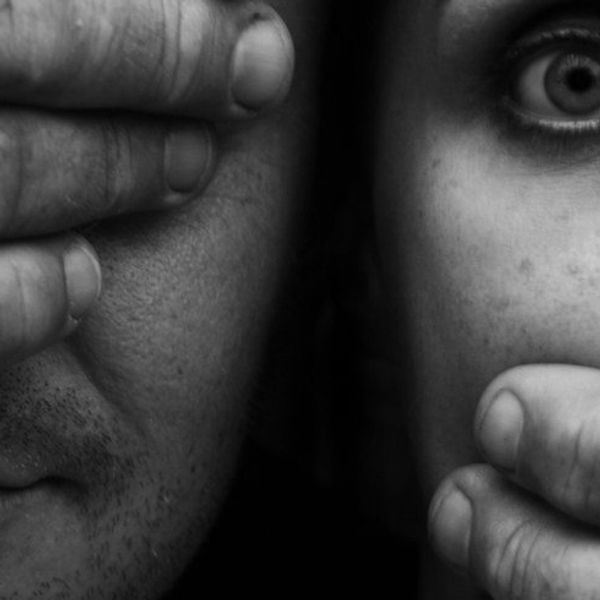trigger warning.
As an incoming Ithaca College student, I watched the “Tea Consent” video from YouTube in a lecture hall with many others during summer orientation. If you haven’t seen the video, the narrator compares sex to having a cup of tea. For example, if someone is laying unconscious they don’t want tea. In fact, if they can’t even answer the question of whether or not they want tea, then don’t force feed the unconscious person tea. This video went a long with a lecture about public safety, and sexual consent. Everything seemed very typical of a college orientation until a boy started asking very specific questions. I don’t remember his exact words but the questions were somewhere along the lines of “If you rape someone, can you still finish college and get a degree?” This was the first time I understood how the possibility of being sexually assaulted at college was all too real.
I started to become very aware of situations where I was the only female in the room. Not a day goes by where I notice most of my classmates and professors are male. None of them have to say anything alarming or even have a threatening nature but I still think of ways I could escape the room, or that I would prefer to have the office door open when meeting with male faculty. When I walk alone at night I never listen to music or look at my cell phone because they are distractions that inhibit my ability to constantly scan my surroundings on the chance that someone will try to attack me. What upsets me the most is that I am not paranoid. I know too many classmates who have been assaulted to think that it could never happen to me. From hearing stories of upperclassmen who’ve had inappropriate comments made to them by a professor, someone who should be there to help and not harm them. A sex offender doesn’t look like a monster, they are human. You could sit next to them in class, pass by them in the hall, or have a conversation with them. Sometimes I think that maybe rape is so prevalent because the offender doesn’t know that what they’re doing is wrong. I will never understand why a person could believe they have the right to exploit someone else’s body, and yet an American is raped every 98 seconds.
So, what even is consent? By definition, consent is permission for something to happen or agreement to do something. This definition seems pretty clear and yet its meaning has been so misconstrued. Some people believe that you are giving consent by the promiscuous clothes you wear, or by the fact that you let your mind be inhibited by alcohol and drugs. Some even think you are giving consent because you take birth control pills, or are already sexually active. But if you compare these scenarios to the dictionary definition of consent, none of them seem to involve a person actually saying “yes” to having sex. A synonym for consent is “giving in to”, but that doesn’t mean that you can get someone’s consent to have sex by pressuring or bullying them into it. If you have to badger someone into having sex with you, the sex is still unwanted and therefore is rape. Consent cannot be given by any persons below the age of thirteen in the United States. Consent can not be given by someone who is unconscious. Consent is given when both parties agree that, yes, this is something we both want to do. Emphasis on the word both.
This is not a topic that should be taken lightly. Sexual assault is serious. Being assaulted changes a person’s life. Sex is an act that takes two people, however, in societies all around the world it is often only an act done to one person for the pleasure of the other. As Rupi Kaur so eloquently explain in her TED talk where she claims her body back from her own sexual assault “when you broke into my home, it never felt like mine again.” She goes on to speak of her anguish in the time after her attack. I would like you to take a moment to think about what it would feel like to live in a body that doesn’t feel as if it belongs to you. That your whole being was diminished until your only purpose was to be at the will of another human being. I apologize to any sexual assault survivors if this essay did not do justice to your experience.




















